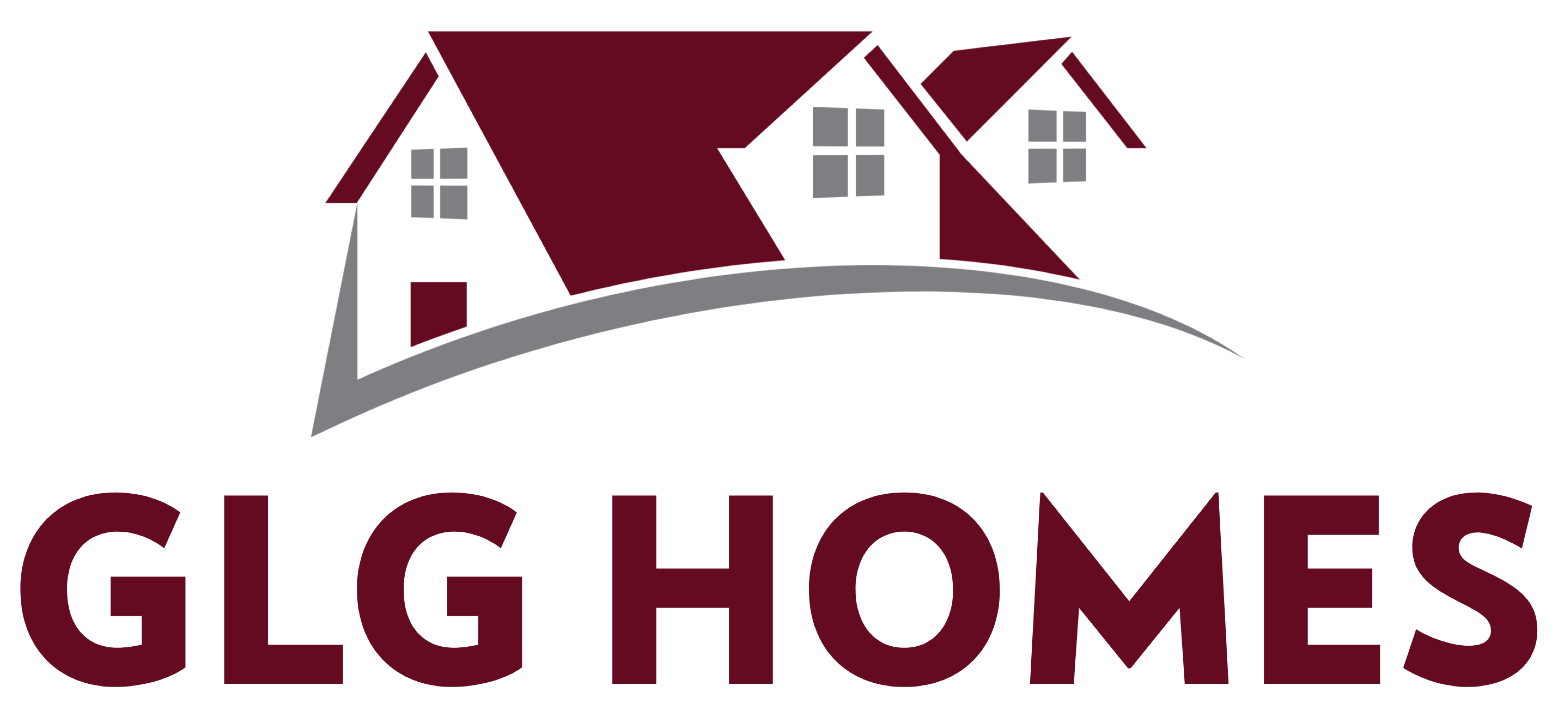Homeowners Who Fall Behind in Mortgage Payments Face the Risk of a Short Sale or Foreclosure
When homeowners face financial difficulties and struggle to make mortgage payments, they may find themselves considering options like short sales or foreclosures. Both short sales and foreclosures are processes that can help homeowners in distress find a way out of their financial burdens. In this blog post, we’ll explore the differences between short sales and foreclosures, shedding light on each process and its implications.
1. What is a Short Sale?
A short sale occurs when a homeowner sells their property for less than the amount owed on the mortgage, with the lender’s approval. In this scenario, the lender agrees to accept the proceeds of the sale as a full settlement of the outstanding debt, even if it falls short of the actual mortgage amount. Short sales typically require the homeowner to demonstrate financial hardship and prove the property’s value has declined.
2. Understanding Foreclosure:
Foreclosure, on the other hand, is a legal process initiated by the lender when a homeowner defaults on their mortgage payments. When a property goes into foreclosure, the lender takes possession and sells it at auction to recover the outstanding debt. Foreclosures are generally pursued as a last resort by lenders after other attempts to resolve the delinquency have failed.
3. Impact on Credit Scores:
Both short sales and foreclosures can have a significant impact on a homeowner’s credit score. However, the negative effect of a foreclosure is generally more severe and longer-lasting compared to a short sale. Foreclosures can remain on credit reports for up to seven years, whereas the impact of a short sale is typically less severe and may be removed from credit reports sooner.
4. Consequences for Future Homeownership:
After a short sale, homeowners may face certain restrictions from lenders when trying to obtain new loans in the future. However, these restrictions are usually less severe and can be overcome with time and improved financial circumstances. In contrast, foreclosure can make it more challenging for homeowners to qualify for new loans and secure affordable housing in the future.
5. Financial and Tax Implications:
In both short sales and foreclosures, homeowners may face financial implications. In a short sale, while the lender may forgive the remaining debt, homeowners might still be responsible for paying taxes on the forgiven amount, depending on local laws. In foreclosure, homeowners typically walk away without the property but might face deficiency judgments or tax implications as well.
Facing Hardship? Know Your Options
Short sales and foreclosures offer different paths for homeowners experiencing financial hardships. Short sales allow homeowners to sell their property for less than the mortgage owed, with the lender’s approval, while foreclosures involve the lender taking possession and selling the property to recover the debt. Each option has its own implications on credit scores, future homeownership, and financial obligations. It’s crucial for homeowners to consult with professionals such as real estate agents, attorneys, and financial advisors to understand the specific implications and make informed decisions based on their individual circumstances.
Looking for an alternative? In some cases, GLG Homes can provide alternatives. Contact us today to learn more.
Thanks,
g.

